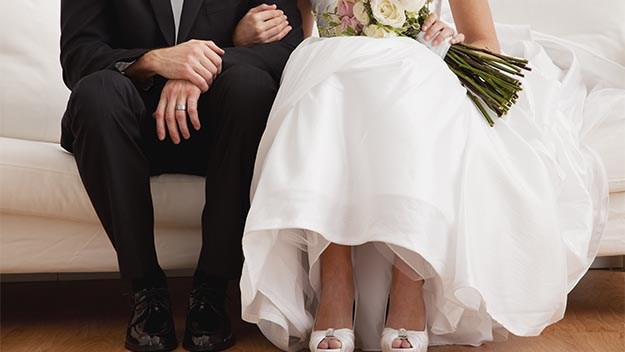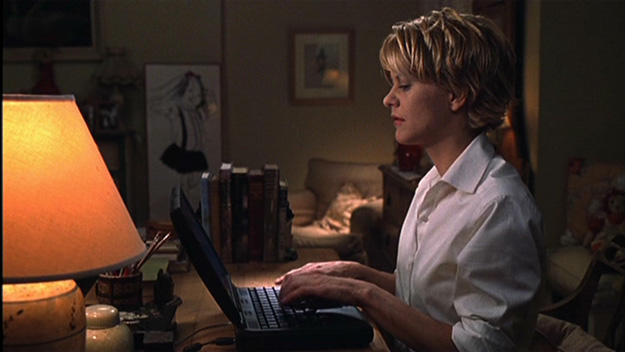According to a new study by the University of Chicago and dating website eHarmony.com, over a third of today’s marriages start online.
Even more interesting, for those who still think online dating is the preserve of the desperate, dateless and definitely have a cat-ness, the couples who started their courting via whimsical messages on an online dating website are less likely to end up divorced.
Of the 19,131 married couples surveyed, 6 per cent of those who met online ended in divorce, compared to 7.6 per cent of those who met offline.
The author of the study, Professor in Psychology at the University of Chicago, John Cacioppo said of the findings, “These data suggest that the internet may be altering the dynamics and outcomes of marriage itself.”
The new study does indeed suggest that as the way we communicate and interact with the world and each other changes because of technology – including and especially the internet and smart phones – how we court and think about relationships needs to catch up.
As Maureen O’Connor wrote in the New York magazine of the changing way we think about online dating, “[O]nline dating” is no longer a separate genre of romance. It’s not an experiment we perform, but a behavior integral to the creation and maintenance of modern relationships.”
According to the Australian dating website RSVP’s annual Date of the Nation report 51 per cent of Australians have tried finding love online or would consider it a viable way to meet a future life partner. Both RSVP and eHarmony claim to have two million members a piece.
As RSVP’s resident relationship expert and psychologist John Aitken told Fairfax Media last year of the RSVP statistics on Australians online dating habits, “When you look at those stats, it’s not a last resort option with a stigma attached to it anymore … it’s really suggesting it’ becoming commonplace”.


